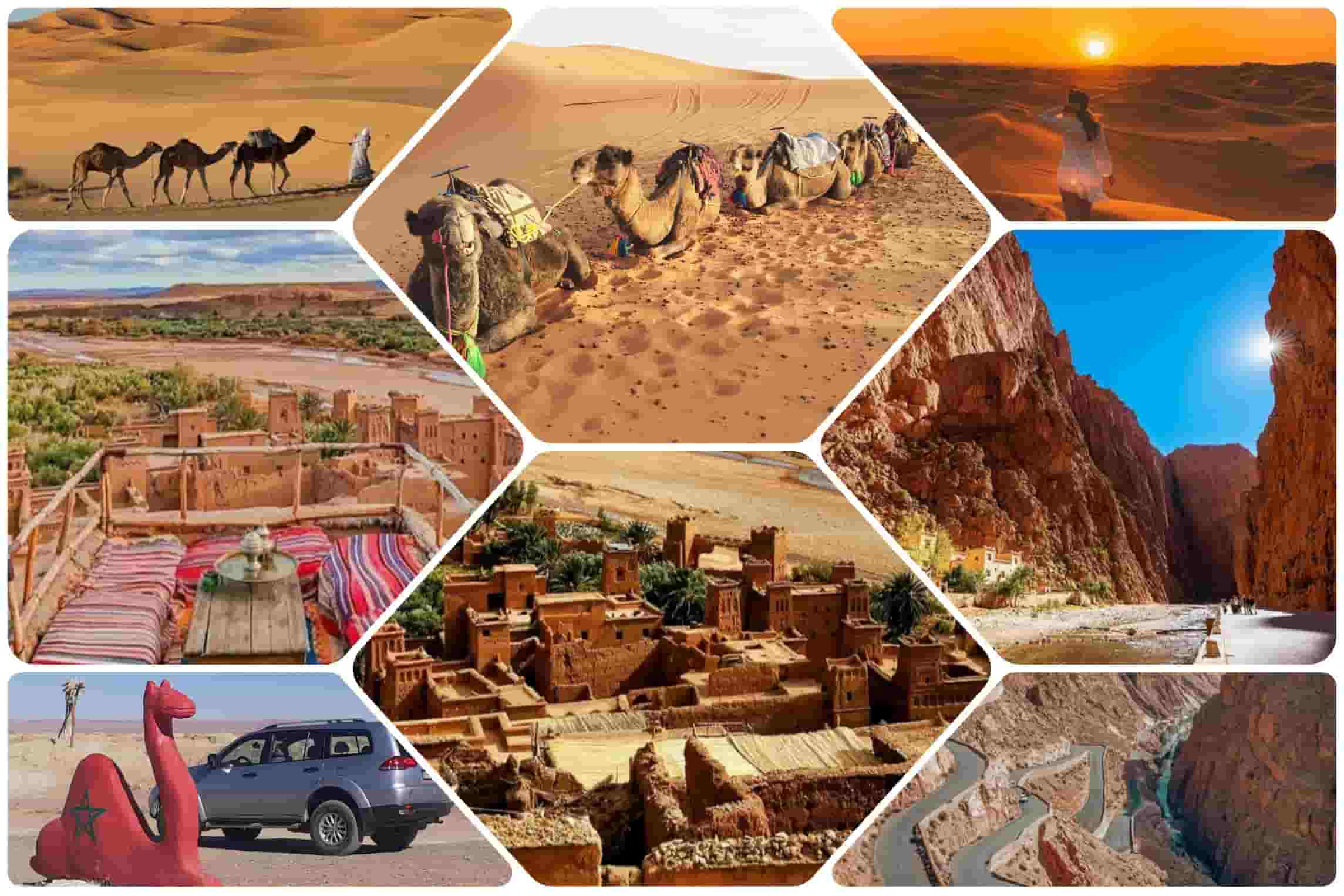Morocco Private Tours: Ramadan is coming up at the end of August this year. Just what is it and what does it have to do with Morocco? First, Ramadan is an important religious celebration for the Islamic faithful. It all began when the Prophet Mohammed received verses from the Angel Gabriel. This is important because those verses became the Qur’an. All this took place in the ninth month of the Muslim calendar. It is twelve days shorter than the calendar used in western countries, making the celebration begin earlier each year. This year it begins in September. Ramadan is celebrated the world over by Muslims.
So, what does this have to do with Morocco? Morocco is an Islamic country, thereby officially observing Ramadan. All Muslim adults are required to refrain from eating, drinking, smoking, and sexual activity from sunrise to sunset. What does all that mean to you, the tourist? Some activities may be somewhat curtailed. But, given proper adherence, tourists are not condemned for eating, drinking or other private matters as long as it’s not done in an overt manner–eating in restaurants is OK for example.
Ramadan is a actually good time to visit Morocco. September is by far one of the most perfect months to come. Some hotels reduce their rates, and generally, things are less crowded with the snafu of tourists going back to work in their respected countries. Most restaurants are open, although some do close for the entire month. You may find some restaurants closed during the day and opening in time for the evening meal. Food and drink are available during the daylight hours, including both alcoholic drinks and others. Most items are still available in tourist shops.
Souks and shops catering to the local people will not have some things available. Banks and other offices change their hours, and open later, usually around 10 a.m. Shops and sights of interest are open, however. Some of these places will close in time for their employees to get home for the evening meal. Out of respect to the Moroccan people and their religion, one should not eat or drink in the streets while out walking or seeing the sights.
In shops and restaurants, it is suggested one should try not to smoke. Public transportation will still be available, although the schedule is somewhat reduced. Your Moroccan tour operator will be happy to provide you with all the information you need for your stay during Ramadan. If you want to take a tour of Berber villages or treks in the mountains, you may find the guides less than enthusiastic during this time.
You may find adjusting to the rhythm of the local people a good way to experience Moroccan culture. Dinner is generally eaten quite late, say around 11 p. m. At sunset, however, Ramadan fasting is broken with a breakfast. Most Moroccans will get up very early to have their morning meal before the morning call to prayers, signaling the beginning of the day’s fast. Most local people will stay up most of the night and sleep until late in the morning. Evenings seem to be festive as the locals will venture out after dark to buy for the next day. Bakeries and shops will have some special items just for the Ramadan feasts. If you find yourself not able to adjust to the eating at night, load up on snacks and foods to keep in your hotel room. In this manner, you can still take part in the wonderful Moroccan cuisine, while respecting the local customs.
King Mohammed VI celebrates Ramadan as does the rest of the royal family. His Majesty and his brother, Prince Moulay Rachid, keep a Ramadan tradition started by their father of hosting lectures on different aspects of Islam. Invited guests are not always Moslems. Her Highness, Princess Lalla Meryem, sends copies of the Qur’an to NGO’s around the world. Plus, she provides preachers and Qur’an readers with religious lectures to share with those Moslems living in other countries.

